Back in 1939, the then 18-year-old typographer’s apprentice published passionate pleas for his country to rediscover its humanitarian tradition of providing asylum. Häsler founded his own clandestine newspaper, “Stimme der Wahrheit” (Voice of Truth), in 1943 after growing tired of censorship. And he became one of the first Swiss to visit the Auschwitz concentration camp after the borders reopened – an experience that shook him to the core.
Career as an interviewer
Häsler soon had the opportunity to practise what he preached, accompanying repeated aid shipments to Eastern Europe – where he met his wife Zofia Pawliszewska, a woman who had saved many Jews from the Nazis during the Warsaw Uprising. The circumstances that led to him being arrested for embezzlement of donations and made a communist scapegoat in a highly politicised court case in 1948 are still unclear. But instead of disappearing without a trace, Häsler was able to launch his career as an interviewer for “Tat” – thanks to the newspaper’s chief editor Erwin Jaeckle.
Learning from history
Everything that Häsler subsequently wrote, thought and campaigned for was founded on a promise that he made to himself in 1946 in the horrific aftermath of the Nazi atrocities. He said in 1997: “At Auschwitz, I made a pact with myself to do everything in my power as a writer and speaker to prevent a repeat of what happened – and what we let happen – in 20th-century Christian Europe due to too many states and nations, Switzerland included, looking the other way. It is a pact we should all make.”
Häsler, armed with nothing more than a primary school education, rubbed shoulders with the leading intellectuals and thinkers of his time. But he always remained true to himself. “I never intended to write academic biographies or become a cultural critic. All I wanted was to give contemporary figures a platform and, if possible, provide a window into a more civilised world.”
“We must always remember the past. It should be a part of our lives. This is what history is all about, isn’t it? Of course, we must consider what the past means in the here and now – in the knowledge that events such as the Holocaust, or the Second World War with the enormous devastation that it caused, also hinge on people like you and me to a certain extent. In other words, do we say yes or no? Can we reject destruction and open our hearts to the creative forces in this world?”
Alfred A. Häsler
speaking to newspaper “Der Bund” on 6 May 1995
For years, literary scholar and journalist Charles Linsmayer’s pieces in this magazine have focused on Swiss authors abroad. Linsmayer is now expanding his range to cover Swiss-based writers as well.
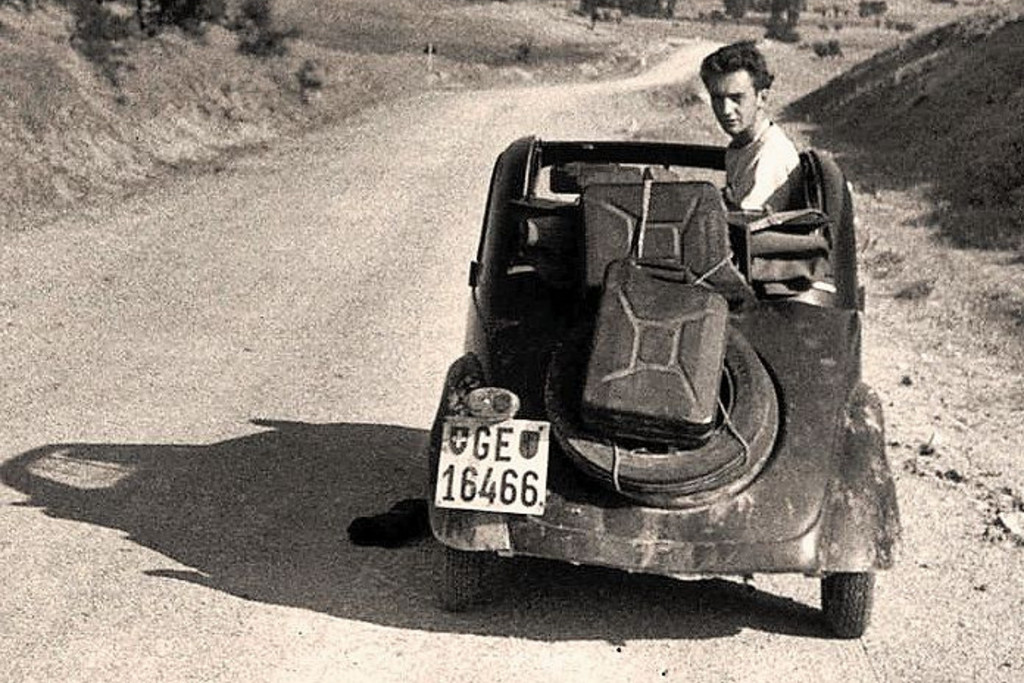
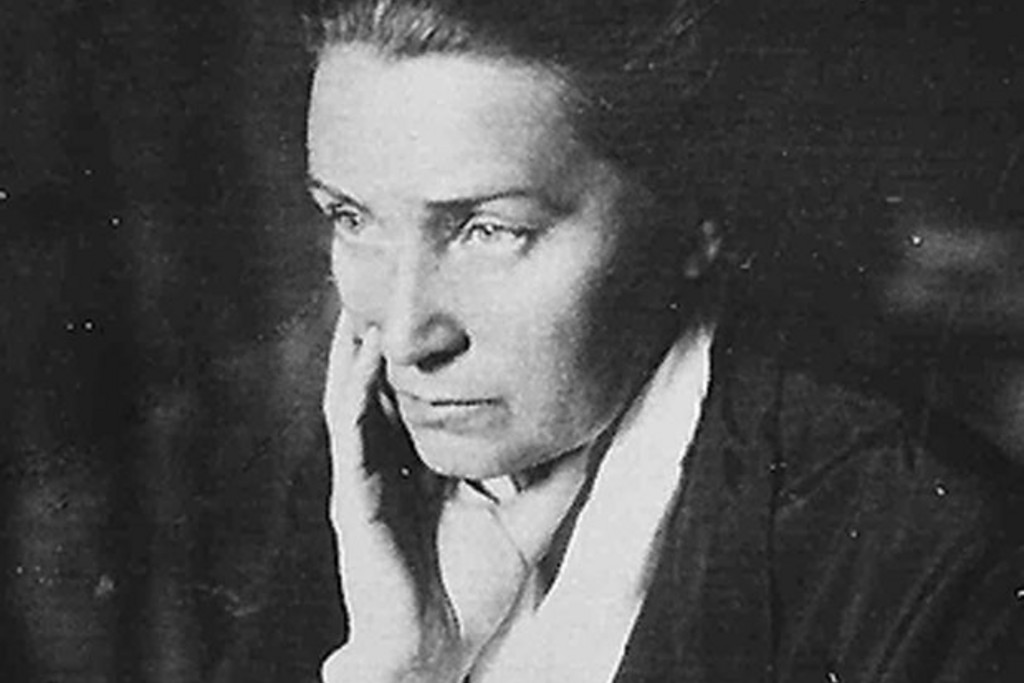


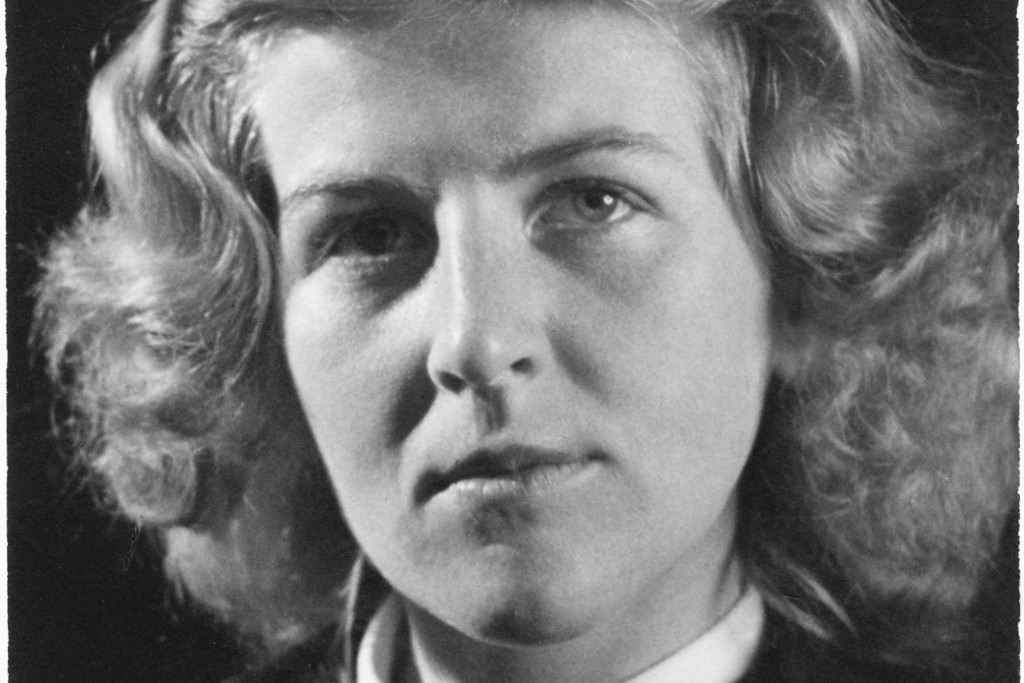
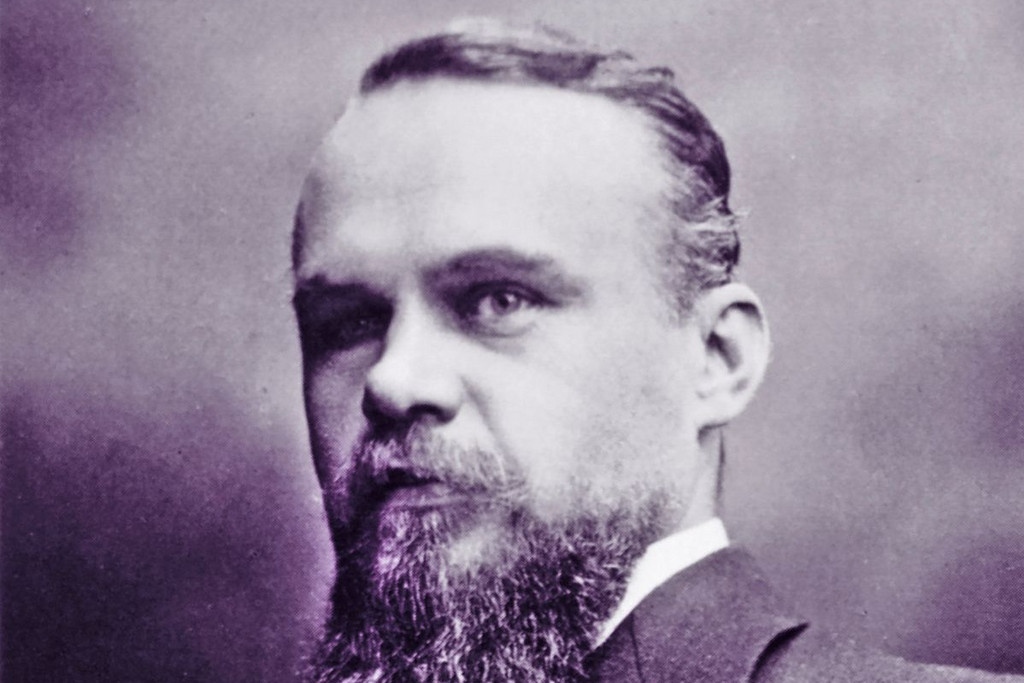
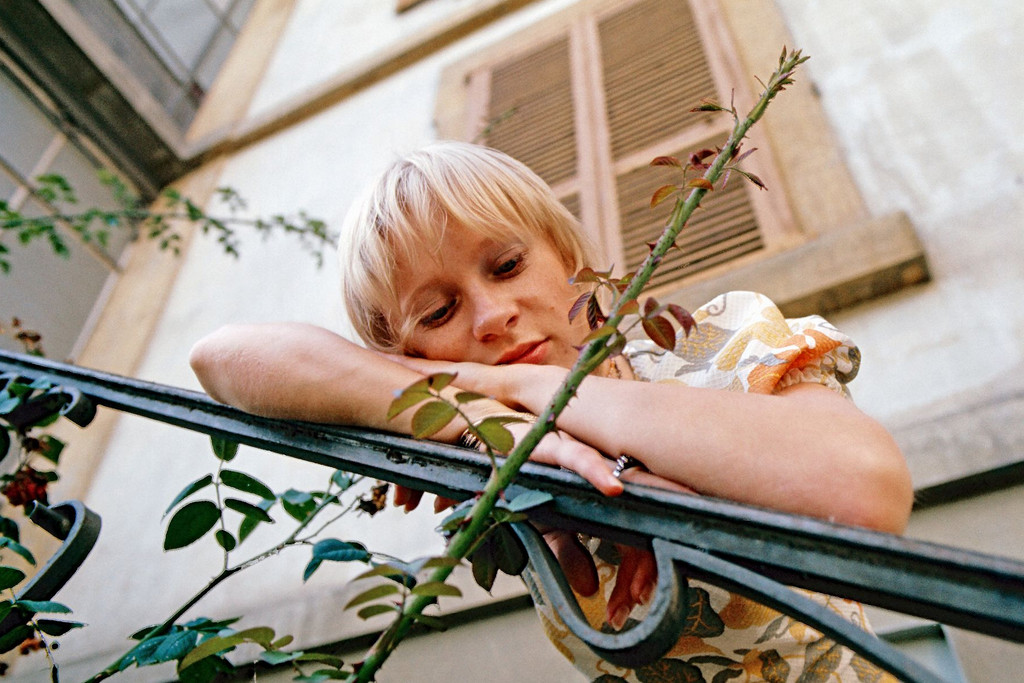
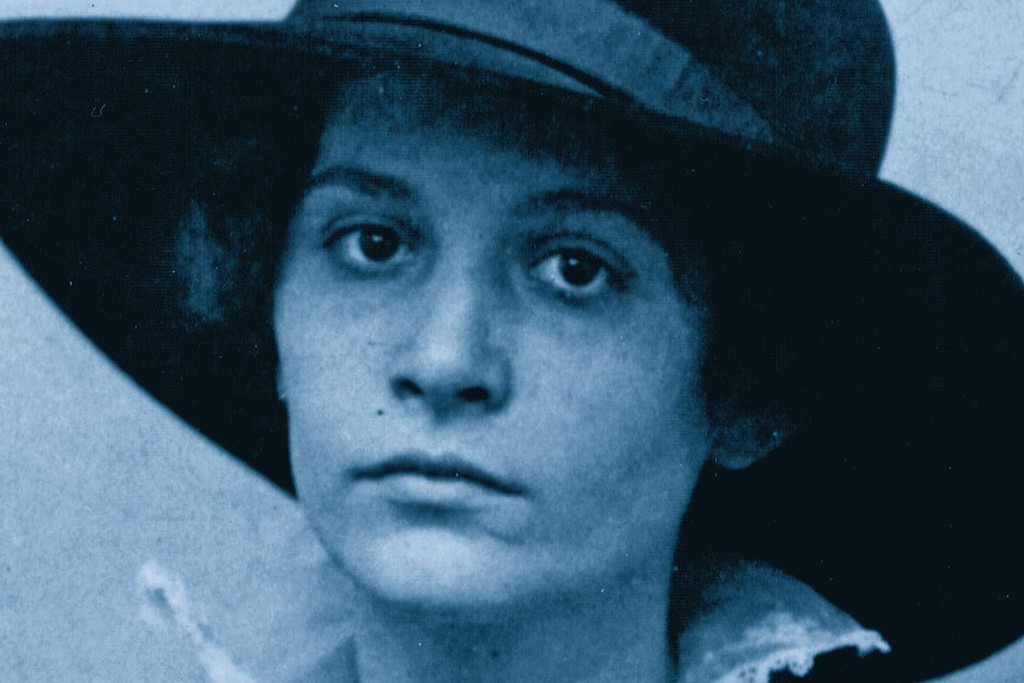



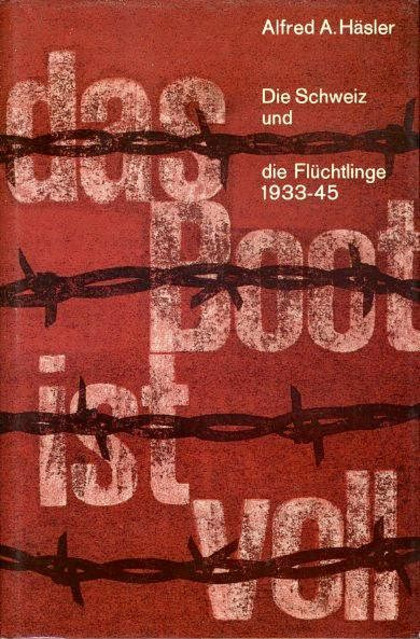
Comments
Comments :